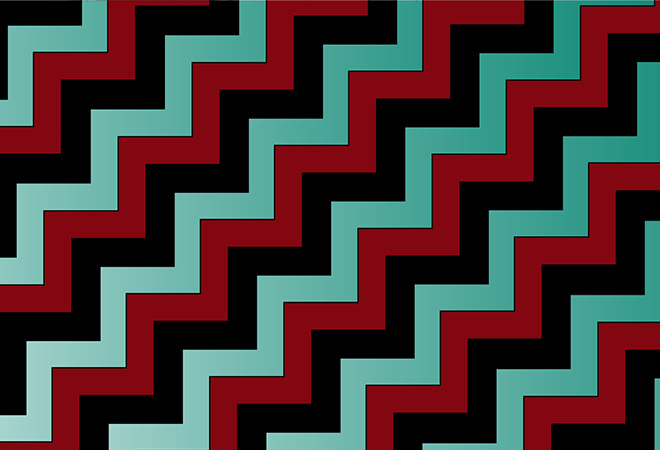
PROJECT
Te Kāwai Kūmara
Supporting learners,
Māori learner success,
Distance and flexible learning,
Teaching strategies
Status
Completed: 6 June 2014
Project Details
A two-year project to build the research capability and capacity of Māori learners by supporting them through advanced digital technologies including smart boards and video-conferencing. A collaboration of AUT University, Victoria University of Wellington, Te Wānanga o Aotearoa, Te Ātaarangi National Trust and Christchurch Polytechnic Institute of Technology (now Ara Institute of Canterbury).
Aims:
The project aimed to:
- develop a cohort of Māori supervisors capable of supervising to completion thesis-level students in te reo Māori
- extend students’ and lecturers’ skill and comfort with using ICT and digital technologies
- cultivate collaborative relationships and arrangements between institutions and scholars
- help focus other tertiary education organisations on collaborating to build Māori postgraduate scholarship
- enhance the digital literacy of learners and educators of the Māori language.
Methodology:
Project design and methods included:
- development of a pilot curriculum to be taught across multiple sites
- using smart boards and video-conferencing technology to create an online classroom
- creating a fully interactive environment between students and lecturers from all three sites through smart board and video-conferencing technology.
Team
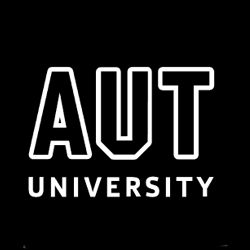
Professor Tania Ka’ai
Project Leader
AUT University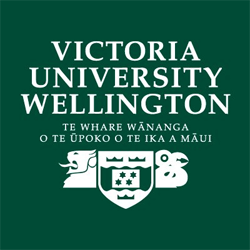
Te Ripowai Higgins
Victoria University of Wellington and Te Ātaarangi National Trust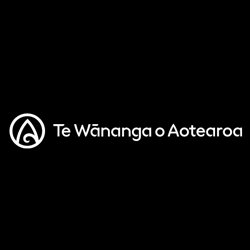
Dr Timoti Kāretu
Te Wānanga o Aotearoa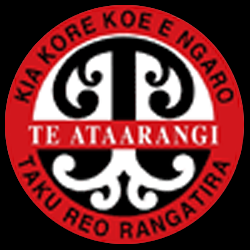
Dr Katerina Mataira
Te Ātaarangi National Trust
Dr Wharehuia Milroy
Te Wānanga o Aotearoa
Professor John Moorfield
AUT University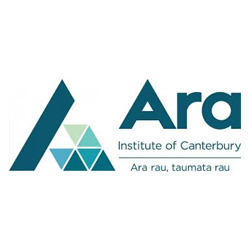
Hana O’Regan
Christchurch Polytechnic Institute of Technology (now Ara Institute of Technology)Dr Huirangi Waikerepuru
esteemed kaumātuaStatus
Funding
$128,889.00 (excl GST)
$128,889.00
National Project Fund
Key Findings
The findings of the project were:
- It is critical that students are inducted into the programme as distance learners so they can understand the support services available to them. This can be achieved by either factoring in a wānanga (ā-tinana) before the programme begins, or through an online induction/tutorial.
- It is critical that staff have received appropriate training on how to use the technology prior to teaching on the programme.
- Institutional competitiveness is a huge barrier to the establishment of this programme as a shared Master of Arts in Te Reo Māori across all tertiary education organisations, a programme which could utilise the talents and expertise of a range of staff from across institutions (staff with high-quality reo and extensive knowledge of the subject area).
- Isolation can be avoided for students by taking advantage of support programmes such as the Māori and Pasifika Postgraduate Students Wānanga held one weekend a month during the academic year, and writing retreats held twice a year.
- Te Kāwai Kūmara programme is unique in that it offers 90 points out of 120 points of credit towards the paper for students who produce evidence of either a certificate from Te Panekiretanga o Te Reo Māori, or a Māori translator’s licence from Te Taura Whiri i te Reo Māori. Students are only required to do the Research Methods paper (worth 30 points) and either a full thesis or an exegesis (dissertation and a portfolio).
- The programme fostered collaboration between institutions and participation from staff and students who wanted to see te reo Māori flourish, and raise the quality of the reo being taught in the tertiary sector.
Key Recommendations
A research report prepared by Tānia Ka’ai.
(PDF, 508 KB,19-pages).
- 20 October 2014
A report prepared by Rachael Tuwhangai.
(PDF, 1.1 MB, 62-pages).
- 17 December 2010